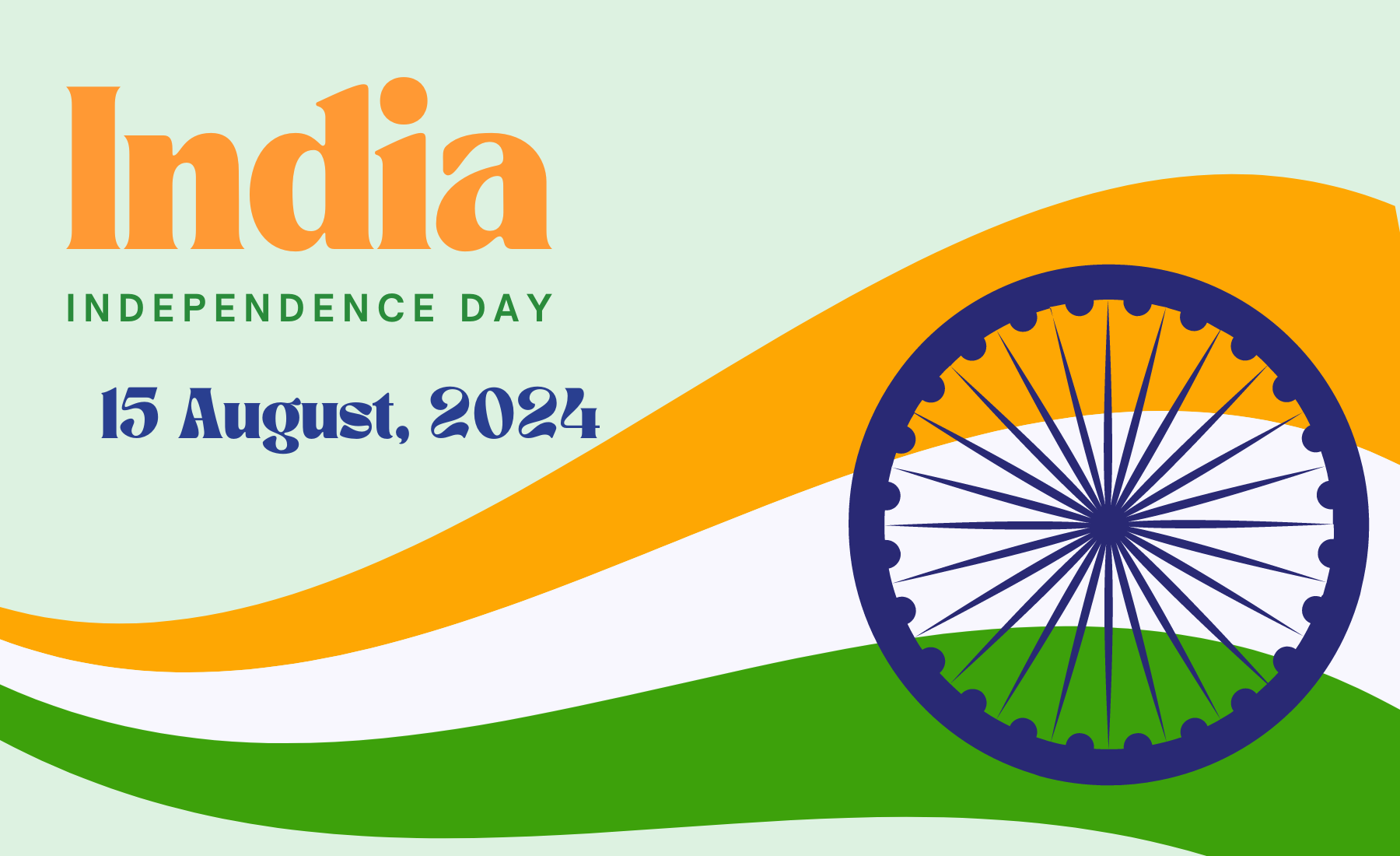As India gears up to celebrate its 78th Independence Day on August 15, 2024, a question has arisen regarding who will hoist the national flag in Delhi in the absence of the Chief Minister, Arvind Kejriwal. The ceremonial flag hoisting on Independence Day is a significant event, especially in the capital city of Delhi, where it holds a particular place of importance.
This blog explores the rules and protocols surrounding the flag hoisting ceremony in the absence of the Chief Minister, who typically performs this duty in Delhi. We will also address some frequently asked questions to provide clarity on the matter.
Protocol for Flag Hoisting in Delhi
1. Usual Practice
Traditionally, the Chief Minister of Delhi hoists the national flag at the Delhi Secretariat on Independence Day. This is a customary practice in many Indian states, where the Chief Minister presides over the state-level celebrations. The event is marked by the singing of the national anthem, speeches, and a parade or cultural programs.
2. Protocol in the Absence of the Chief Minister
In the rare event that the Chief Minister is unable to attend the Independence Day celebrations, the responsibility of hoisting the national flag is typically delegated to a senior member of the government or administration. The specific protocol for this is as follows:
- Deputy Chief Minister: If the Chief Minister is absent, the Deputy Chief Minister usually steps in to hoist the flag and preside over the ceremonies.
- Senior Cabinet Minister: If both the Chief Minister and the Deputy Chief Minister are unavailable, a senior Cabinet Minister may be designated to carry out the flag hoisting. This decision is generally made by the state government based on the seniority and portfolio of the minister.
- Chief Secretary or Lieutenant Governor: In cases where no ministers are available, the Chief Secretary or the Lieutenant Governor of Delhi may take over the duties of hoisting the flag. The Lieutenant Governor, being the constitutional head of Delhi, can preside over the ceremony, especially in the context of the Union Territory status of Delhi.
- Special Circumstances: In some cases, a prominent citizen or a person of national significance may be invited to hoist the flag. However, this is rare and typically happens in special circumstances with specific approval from the central government.
3. Decision-Making Process
The decision regarding who will hoist the flag in the absence of the Chief Minister is usually taken in advance, and an official announcement is made to ensure smooth execution of the ceremony. This decision is made after consultations within the state government and with the office of the Lieutenant Governor, considering the importance of the event and the need for maintaining protocol.
FAQs About Flag Hoisting Protocol in Delhi
1. What happens if the Chief Minister of Delhi is absent on Independence Day?
If the Chief Minister of Delhi is absent on Independence Day, the responsibility of hoisting the flag is generally handed over to the Deputy Chief Minister or a senior Cabinet Minister. If no ministers are available, the Chief Secretary or the Lieutenant Governor may preside over the ceremony.
2. Who has the final authority to decide who will hoist the flag in Delhi?
The final authority to decide who will hoist the flag in Delhi in the absence of the Chief Minister lies with the state government, typically after consultations between the Chief Minister’s office and the office of the Lieutenant Governor.
3. Can a non-political figure hoist the flag in Delhi?
While it is rare, in special circumstances, a prominent non-political figure may be invited to hoist the flag. This usually requires specific approval from the central government and is done to honor the individual’s contributions to the nation.
4. Has there been a precedent of someone other than the Chief Minister hoisting the flag in Delhi?
Yes, there have been instances where someone other than the Chief Minister has hoisted the flag in Delhi, particularly when the Chief Minister was unable to attend due to health reasons, prior commitments, or other exigencies. In such cases, the Deputy Chief Minister or a senior Cabinet Minister typically steps in.
5. What is the role of the Lieutenant Governor during the Independence Day celebrations in Delhi?
The Lieutenant Governor of Delhi plays a significant role during Independence Day celebrations, especially given Delhi’s status as a Union Territory. If the Chief Minister is unavailable, the Lieutenant Governor may take over the ceremonial duties, including flag hoisting, depending on the situation and the decision of the state government.
6. What are the key elements of the Independence Day ceremony in Delhi?
The Independence Day ceremony in Delhi includes the hoisting of the national flag, the singing of the national anthem, speeches by the Chief Minister (or the presiding official), a parade by various contingents, and cultural programs celebrating India’s heritage and diversity.
7. Is the flag hoisting ceremony in Delhi different from the one at the Red Fort?
Yes, the flag hoisting ceremony at the Red Fort is presided over by the Prime Minister of India and is the central event of the nation’s Independence Day celebrations. The ceremony at the Delhi Secretariat is a state-level event presided over by the Chief Minister of Delhi.
8. What happens if the flag hoisting ceremony cannot take place at the designated location?
If, due to unforeseen circumstances, the flag hoisting ceremony cannot take place at the designated location (such as the Delhi Secretariat), an alternative venue will be chosen. The state government will ensure that the ceremony is conducted with the same level of decorum and protocol.
9. Can the public attend the flag hoisting ceremony in Delhi?
The public can generally attend the flag hoisting ceremony in Delhi, although the number of attendees may be restricted due to security concerns or space limitations. In recent years, the COVID-19 pandemic also influenced attendance, with many ceremonies being live-streamed.
10. How is the flag hoisting ceremony prepared in advance?
The flag hoisting ceremony is prepared well in advance, with rehearsals conducted to ensure smooth proceedings. Security arrangements, seating plans, and cultural performances are meticulously planned, with the protocol team coordinating with various government departments.
Conclusion
The flag hoisting ceremony on Independence Day is a deeply symbolic act that reflects India’s national pride and the resilience of its democratic institutions. In Delhi, the absence of the Chief Minister does not diminish the significance of the event. Instead, it showcases the adaptability and continuity of governance, ensuring that the celebrations proceed with the same dignity and respect for the nation’s heritage. As August 15, 2024, approaches, preparations will be in full swing to ensure that this historic day is commemorated with the honor it deserves, regardless of who hoists the flag.

